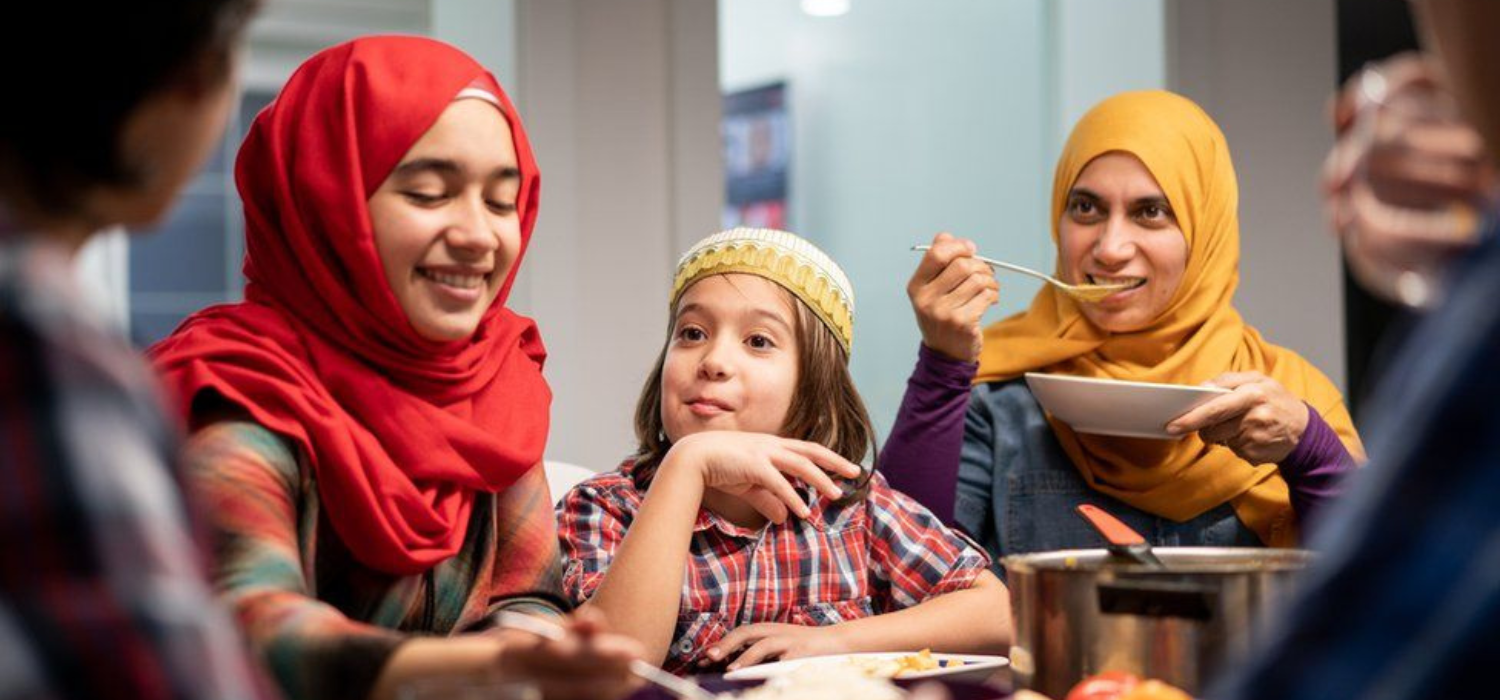
Millions of Muslims Celebrate Eid al Adha
Eid al-Adha, commonly known as the Holiday of sacrifices, is considered one of the more important holy holidays in Islam. This event, which is celebrated by a million Muslims around the world, is deeply cultural and spiritual. Let's look into the customs, rites, and meaning of this momentous day.
1. The Religious Significance
Eid al-Adha celebrates Prophet Ibrahim's (Abraham) willingness to give up his son by God's instruction. According to Islamic legend, as Ibrahim was about to give up his son, God interfered and gave a ram as a sacrificial instead. This event represents submitting to the Lord's will and is an analogy of the value of faith, giving up, and obedience.
2. Observance and Rituals
Muslims gather for prayers in the morning at mosques or public prayer spaces to start the festivities. The sermon that is usually given during these prayers emphasizes the importance of God's kindness and Ibrahim's obedience. Muslims take part in the Qurbani ceremony, which involves the ritual sacrifice of an animal—such as a sheep, a goat, cow, or camel—after prayer. This deed illustrates Muslims' willingness to part with something valuable to serve God, just as Ibrahim was prepared to sacrifice his son.
3. Sharing and Community
Posting the sacrifice meat with loved ones, friends, and the underprivileged is a fundamental part of Eid al-Adha. Muslims usually share some of the meat with neighbors and family so that everyone can enjoy the celebrations. Sharing strengthens ties in the community and highlights the value of kindness and compassion for others, particularly the less fortunate.
4. Festive Atmosphere
Social gatherings and happy celebrations abound throughout Eid al-Adha. Families join together to enjoy each other's company, eat meals, and exchange gifts. To commemorate the occasion, traditional foods are made and homes are frequently decorated. Warmth, thankfulness, and an understanding of global Muslim solidarity pervade the air.
5. Global Observance
Muslims celebrate Eid al-Adha according to their own distinct traditions and rituals all around the world, drawing from a wide range of ethnicities and origins. Variations in cuisine, clothing, and cultural activities showcase a broad range within the Islamic community, even while the fundamental traditions stay the same. During Eid al-Adha, this variety is honored as a part of the larger unity in Islam.
Conclusion
Eid al-Adha is a time for introspection, thankfulness, and unity in addition to being a religious holiday. It acts as an affirmation of the essential Islamic principles of community, sacrifice, and faith. Eid al-Adha is celebrated by millions of Muslims worldwide, who use the occasion to renew their vows to God and one another. In addition to enhancing individual religion, this event helps Muslims all over the world feel united and at home.